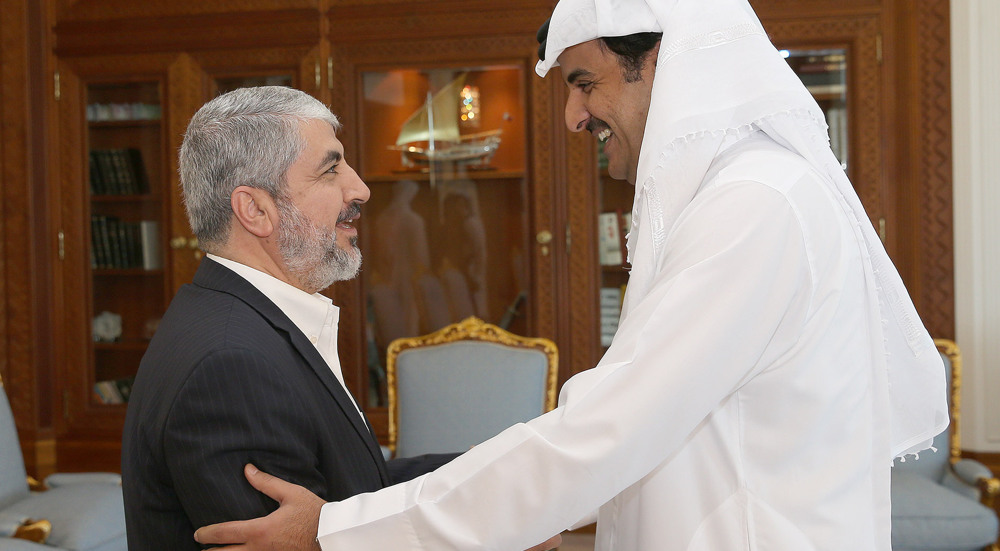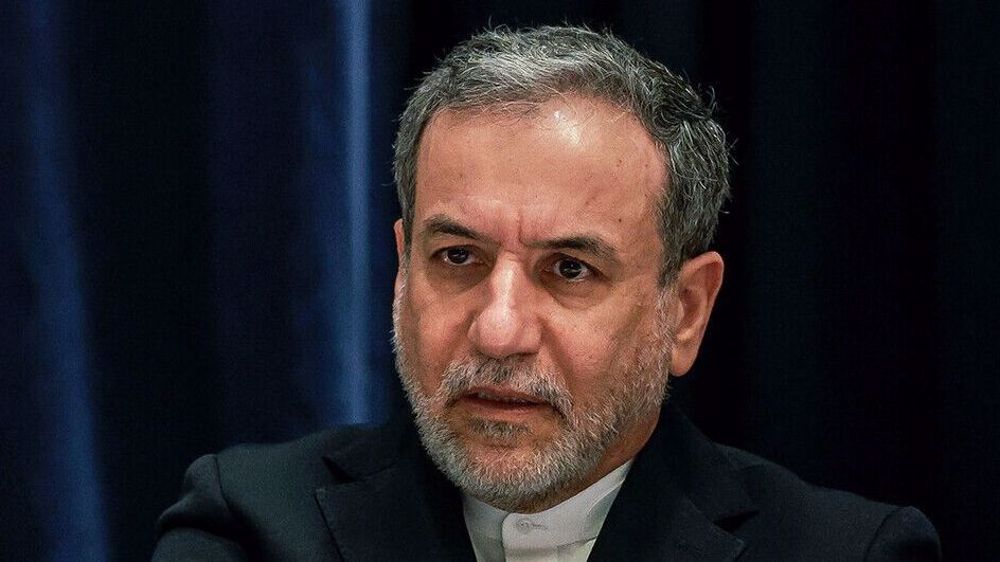US discusses plan to create ‘Arab NATO’ with Qatar
US Secretary of State Mike Pompeo meets with Qatari Defense Minister Khalid al-Attiyah in Washington over a US plan to create a NATO-like Arab military alliance as Washington pushes for an end to a diplomatic rift between Doha an a Saudi-led quartet in favor of an alliance against Iran.
US State Department said in a press release on Wednesday that Pompeo and al-Attiyah “discussed working toward a Middle East Strategic Alliance, anchored by a united [P]GCC (Gulf Cooperation Council), to advance prosperity, security, and stability in the region.”
Prior to US President Donald Trump’s visit to Saudi Arabia last year, reports said he was expected to lay out his vision for what White House officials called an “Arab NATO,” comprised of six Persian Gulf Arab countries, Egypt and Jordan.
The goal of creating such an alliance is said to be countering the growing influence of Iran in the Middle East.
Informed sources said in July that Washington would play an organizing and supporting role while staying outside the anti-Iran alliance.
Additionally, sources from some of the Arab countries involved in the planned alliance confirmed, back then, renewed efforts to activate the initiative.
However, a diplomatic standoff between Qatar and a Saudi-led quartet of countries seems to have already hampered the formation of the so-called “Arab NATO.”
One of the informed sources said the US administration was concerned the Qatar rift could be an obstacle to the Arab alliance plan.
In June 2017, Saudi Arabia, Egypt, Bahrain, and the UAE imposed a land, naval and air blockade on import-dependent Qatar, accusing Doha of supporting terrorism, an allegation strongly denied by Doha.
The Saudi-led bloc presented Qatar with a list of demands – among them cutting ties with Iran and Turkey -- and gave it an ultimatum to comply with them or face consequences. Doha, however, refused to meet the demands and stressed that it would not abandon its independent foreign policy.
At that time, Bruce Riedel, a former CIA, Pentagon, and NSC staffer, said the dispute had damaged the prospect for the anti-Iran alliance.
The concept of an “Arab NATO” is now “falling apart,” he said, adding that Riyadh's aim was actually a “regime change in Qatar.”
During their meeting in Washington, Pompeo and Attiyah “reaffirmed their commitment to the strong bilateral relationship between the United States and Qatar, as well as their mutual interest in promoting security and stability in the region.”
The two officials also discussed an ongoing project to expand Qatar's al-Udeid Airbase, Washington’s already largest military base in the Middle East region.
The project to expand the base, which hosts more than 10,000 US and coalition forces, was launched in July.
The facility also houses warplanes, equipment, and ammunition.
Iranians protest against Israel after Netanyahu ICC warrant
Germany undecided on complying with ICC arrest warrants for Israeli war criminals
VIDEO | Former FBI agent criticizes US Congress for 'outright corruption'
IRGC chief urges Muslim countries to cut aid routes to Israel
'New chapter in cooperation': Iran, Venezuela sign new MoUs
Jordan sentences former lawmaker for supporting Palestinian resistance
Basij volunteer forces hold massive drills in southwestern Iran
Israeli war criminals 'not welcome', US city says after ICC ruling












 This makes it easy to access the Press TV website
This makes it easy to access the Press TV website